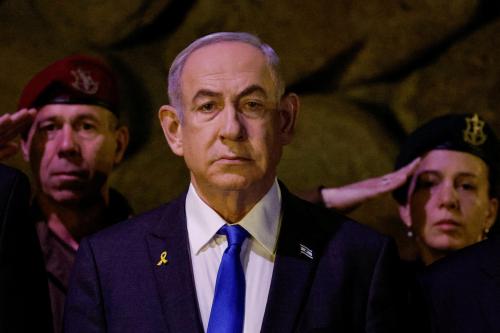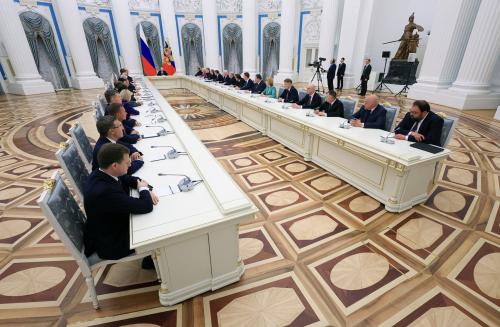The last couple of weeks have seen a shift in Egyptian politics. It appeared that the Egyptian President, Mohammed Morsi, exercised his authority over the military establishment, and dismissed Field Marshal Mohammed Tantawi. However, the reality of the situation is rather more complicated. The context of the move is exceedingly important, as we try to understand what possible scenarios are afoot for Egypt’s constitutional future, and its foreign policy dynamics.
Without delving into the intricacies of Egyptian political dynamics, a few developments are necessary to take into account. Prior to the start of the Egyptian Revolution on 25 January 2011, the military leadership (the Supreme Council of the Armed Forces – SCAF) occupied a particularly privileged space within Egyptian society. They acted as a state within the state: their many economic interests were theirs to govern as they wished, and their internal structures were not subject to civilian oversight. Hosni Mubarak, in this regard, was not a civilian authority: he was a military one, and part of the same structure, which simultaneously occupied the president’s office.
In the aftermath of the forced resignation of Hosni Mubarak, made possible by the intervention of SCAF, the body then assumed the powers of the presidency without the façade of elections that Hosni Mubarak had accepted. In the eighteen months that have taken place since then, SCAF have maintained very high levels of confidence from the Egyptian public, according to regular Gallup polling. However, the continued involvement of SCAF in the governing of the Egyptian state, appears to have resulted in a slight weakening of its popularity beyond the military.



Commentary
Op-edMilitary or President: Who Calls the Shots in Egypt?
August 24, 2012